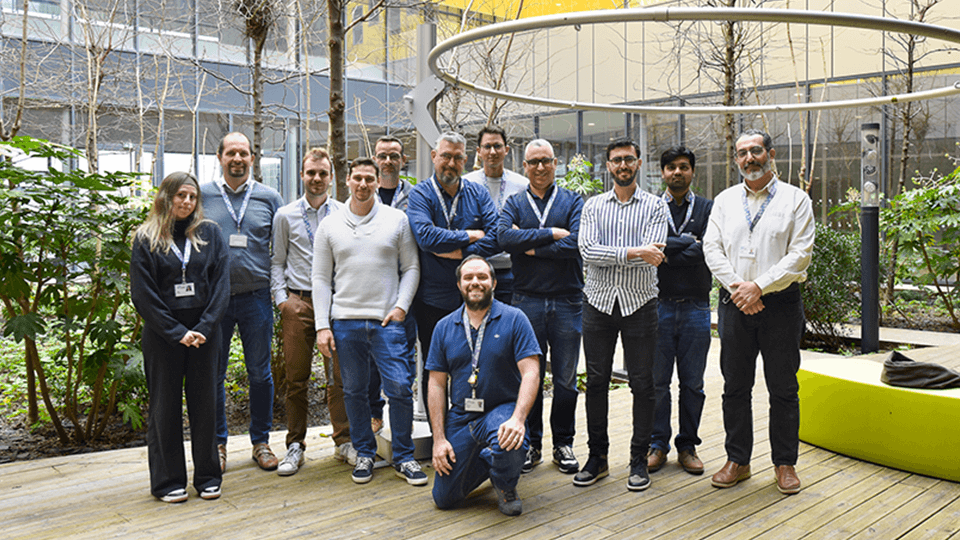In a context where European regulations will eventually require a massive restriction of the use of fluorinated polymers, GRINHELEC (GReen INsulation for High power ELECtrical harnesses) project intends to make possible the use of a bio-sourced insulation in effort to supplant the fluorinated insulators of the cables dedicated for electric propulsion.
This project is part of the flagship FIL-AE project for decarbonizing aviation industry, and follows HYBELEC project, whose objective was to characterize and optimize materials and components for high-power harnesses needed for future aeronautical propulsion applications.
GRINHELEC aims at meeting the needs of future electric aircraft by substituting the fluorinated insulation used in the current cables with a greener, partly bio-sourced, and more sustainable high-temperature insulation developed by Arkema.
GRINHELEC is a 38 months project started in July 2023 with a budget of 3.16 million euros, and brings together industrial partners as Airbus, Arkema, Nexans, Safran and Souriau, as well as Cirimat (UPS), IMP (Insa Lyon) and Laplace (UPS) research laboratories.
Project background
The aerospace industry mainly uses cables with fluoropolymer-based insulations. These polymers, which possess high temperature performance (used up to 260°C in engine areas), are so resistant that their lifespan is several times longer than that of the aircraft where they are applied. However, they have the disadvantage of being bio accumulative, very persistent and dangerous for living organisms.
The switch to electric propulsion will not require such high temperature levels, as the maximum junction temperature of the silicon in the electronic components used for propulsion cannot be exceeded.
Project objective:
The objective is to propose new electrical insulation that is less expensive and more environmentally friendly as compared to those currently used for aeronautical cables. The whole work involved through this project represents an opportunity to develop competencies required fora large French industry range, from scientific research to cable and connector manufacturers, systems manufacturers and integrators, with a view to maintaining the competitiveness and technological lead of current players.
The project implies, among others, investigating the aging mechanisms under thermal stress of the high-temperature greener insulation proposed by Arkema in order to estimate its lifespan and compare it to that of the fluorinated insulation.
Project content
The project comprises several key milestones:
- A comparative aging study of a greener insulation and a fluorinated insulation,
- The characterization of the greener insulation,
- The design and fabrication of cables with a greener insulation
- The characterization of the manufactured cables
- The characterization of a new high-performance thermoplastic, PEKK, which has the advantage of being processed by 3D printing thereby enabling cost and time savings for aeronautical manufacturers. Aging campaigns are planned to determine the aging patterns of PEKK as well as those of the silicone used in the connectors.
- The study of surface arcs under aeronautical conditions with the aim of proposing new design rules for higher voltage connectors.
- The exploration of non-destructivemethods for assessing the aging state of harnesses in service, i.e., after their installation and operating in aircraft.
“The project team, that is multi-skilled, comes out of Hybelec project, and is therefore already well integrated. We know our industrial and academic partners well, which eases exchanges and boost dynamism. We also benefit from the testing resources developed under Hybelec project, enabling us to be more efficient. We have everything we need to be able to offer a more environmentally-friendly cable in the long term,” concludes Pierre Henrard, the GRINHELEC project leader.


